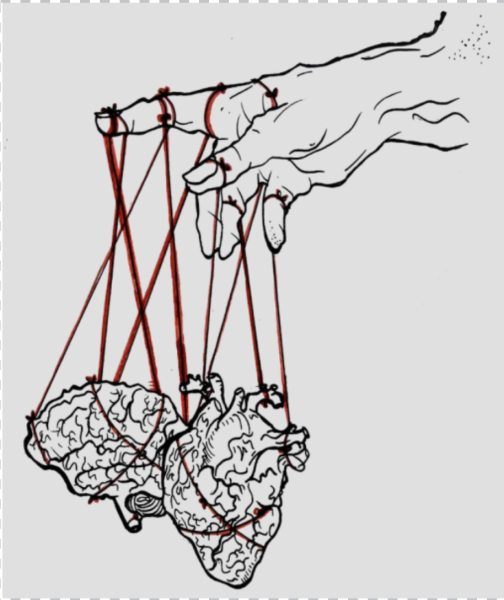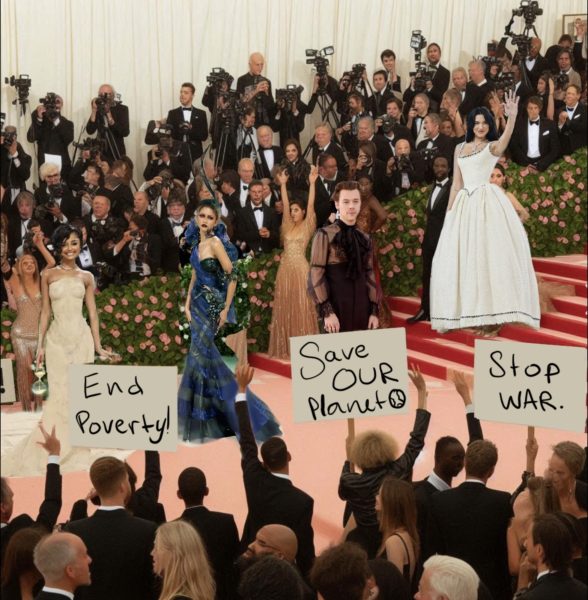Fifty Shades of White
This article was written as part of the November 2018 issue – this was before ISL implemented sweeping changes to implement race education at ISL, showing that The High has always been at the forefront of social change at ISL. Have things changed for the better? Are these experiences still all too common?
“What picture should I post?” asks a student in Year 13. Her friend answers, “Personally, I think you should post that one. You look less Asian in it.”
ISL hosts 65 student and teacher nationalities, which sets it apart from other schools. We always hear about hate crimes and derogatory treatment of ethnic minorities around the world today, and I began to wonder about the ethnic minorities here at school. Does being an ethnic minority here at ISL affect your experiences in school?
I took my question to the student body and interviewed a range of students throughout our high school. The consensus was that as part of an ethnic minority, you are different from everyone else, as in, not everyone understands the place where you come from. A student in Year 13 explained to me, “I think because I have been a minority my whole life, it has affected my experiences, as in I see the world from that perspective. However, if you haven’t ever had that same experience, you have no way of knowing what someone else is going through, or where they come from.”
This lack of experience or perspective inevitably leads to certain outcomes, one of them being the many stereotypes we attach to various cultures and ethnicities. Asians are good at math, all Indians work as tech support technicians and smell like curry. In society, we often use stereotypes to group certain segments of people – that way we are able to create distinctions between ‘us’ and ‘them’. Throughout history, certain colours of skin have been deemed as inferior to others; white skin is deemed ‘better’ than darker skin. Yet this logic is entirely flawed because, in today’s world, no one is completely ‘white’ or ‘dark’. According to the University of Minnesota, it is estimated that about 80% of African-Americans have some white ancestry, 50% of Latin Americans have European or Native American ancestry, and, 20% of Europeans have African or Native American ancestry. So it seems that trying to define race by the colour of your skin is futile. Yet, despite this futility, clear divisions exist between groups of people.
When interviewing students, I found that stereotypical comments based on ethnicity are easy to run into here at ISL. Many of the students explained that they have either been on the receiving end of a stereotype or heard jokes based on stereotypes. While jokes are usually in good faith, they do have a limit. A student in Year 10 explained how stereotypes bother her because it is as if her entire culture boils down to that one stereotype. To her, they act as a constant reminder that there are preconceived notions that people have of you, based on where you come from rather than who you are as a person.
Stereotypical comments can stir feelings of embarrassment and shame for the person receiving them, leading them to think that they should be embarrassed by where they come from because it is not what is considered ‘normal’.
Ignorance breeds stereotypes. There is a difference between straight-up racism and racism as a product of ignorance; only the former is politically incorrect today. Ignorance is deeply rooted in our society. Stereotypes are only one of the many examples of this phenomena. Take the example of modern beauty standards, where white features, such as light skin, straight hair, a small upturned nose are considered beautiful, and the rest as undesirable. Racism, discriminatory or not, is still ever present throughout our world, and in a way, we have become desensitized to ignorance in general.
As a student in Year 13 said, “ISL is great in the sense that everyone here is educated and are genuinely good people. I don’t think that there are any ‘bad’ people here. Yet there is this disconnect that exists between our words and what they really mean.” We don’t want to be a generation that thinks of other cultures as a bunch of ‘bad hombres.’ When I wrote this article, I wanted to know if my experiences were unique, or if racism exists within our school and, if so, how prevalent is it? Through the numerous interviews that I conducted, I found that while people are not racist in the traditional sense of the word, they are so in a more discreet way. They are racist without intending to be; they are simply the product of society today. When you are surrounded by certain experiences or lack thereof, you begin to believe that your version of the world is the only version- which is not the truth. Every person you meet brings a different set of experiences to the table, regardless of their nationality. Truth be told, it is likely that all of us have used stereotypes in the past. Regardless, it is time that we move past our differences to not only improve our school, but our future.

Hi! I have been writing for The High for my entire high school career, and I am currently the Editor-In-Chief of the paper for the year 2020-2021. Most...



